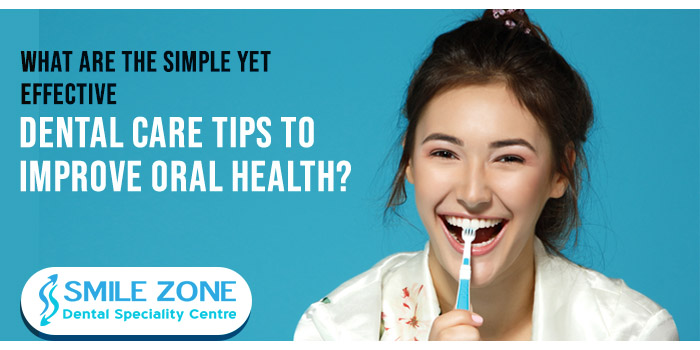Understanding The Challenges Of Extra Teeth Due To Hyperdontia
In the case of hyperdontia, people usually have more teeth in their mouth than usual. The extra teeth grow directly behind or too close to your primal or permanent teeth. We call these extra teeth as supernumerary teeth. These can grow anywhere in the dental arch.
If you have hyperdontia, there is a likelihood that you had extra primary teeth as a child. You can have more permanent teeth than usual, but extra primary teeth are more common. If you have extra teeth, seeing a dentist will be nice for your oral health.
HYPERDONTIA SYMPTOMS
The main symptom of hyperdontia is the growth of extra teeth either directly behind or too close to your permanent teeth.
This condition is usually common in adults, twice in males than in females.
CATEGORIZATION OF EXTRA TEETH
Extra teeth are categorized based on their shape and location in the mouth; some of them are:
Based On The Shape
- Supplemental- The tooth resembles the shape of the nearby tooth.
- Tuberculate- The tooth has a tube or barrel-like shape.
- Compound Odontoma- The tooth is a cluster of many small tooth-like growths.
- Complex Odontoma is an area of tooth-like tissues that grow in a disordered manner in the posterior jaw.
- Conical or peg-shaped- The tooth is wider at the base and narrow at the top, making it look like a cone or peg.
Based On Location
- Paramolar-This tooth is an extra tooth that grows near one of the molars.
- Distomolar- An extra tooth grows in line with other molars rather than around them.
- Mesiodens- This extra tooth grows directly behind or around the front teeth you use for biting. It is the most common in people suffering from hyperdontia.
Is Hyperdontia Painful?
Hyperdontia usually isn’t painful, but extra teeth growing in your mouth can pressure your gum, jaw, or permanent teeth. It can cause swelling, pain, and other discomforts.
Overcrowding teeth in the mouth can make your permanent teeth look crooked and irritate their roots.
CAUSES OF HYPERDONTIA
We’re unsure why some people get extra teeth, but our genes and environment can make it happen. Sometimes, specific conditions in families or genetic syndromes can lead to hyperdontia. Hyperdontia can occur due to hereditary diseases such as:
Gardner’s Syndrome- This genetic condition causes the growth of skin cysts, skull, and colon growth.
Ehlers-Danlos syndrome causes loose joints that easily dislocate, bruised skin, and painful muscles and joints. It is a hereditary genetic condition.
Fabry Disease- Inability to sweat, painful hands and feet, a red or blue skin rash, and abdominal pain.
DIAGNOSIS
Extra teeth quickly diagnose Hyperdontia in the mouth; if the teeth are not fully grown, an X-ray or CT scan is helpful.
TREATMENT
This condition is usually harmless, but dentist in Bangalore may recommend removing the extra teeth in cases for instance:
- You have a genetic condition causing extra teeth to grow.
- You can not chew properly, or extra teeth bruise your mouth when you chew.
- Overcrowding causes pain or discomfort.
- You find it difficult to brush your teeth, which can cause decay and gum disease.
- You feel subconscious about your extra teeth.
CONCLUSION
Many people with hyperdontia do not require any treatment. Others may have to get the extra teeth removed to avoid other problems. Tell the doctor about any pain and discomfort due to hyperdontia. You can visit the Smile Zone for adequate treatment of hyperdontia and other such conditions.


No Comments